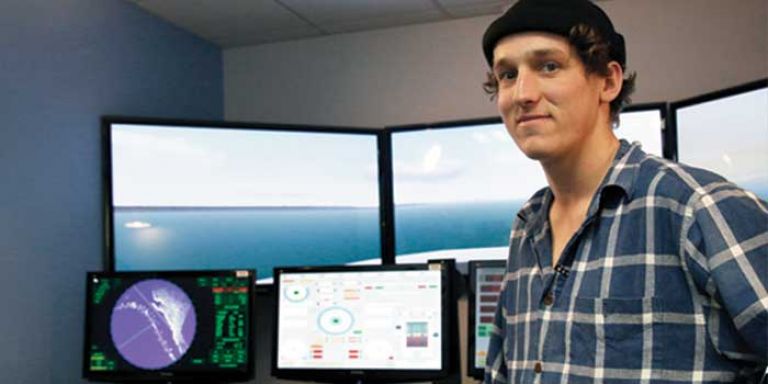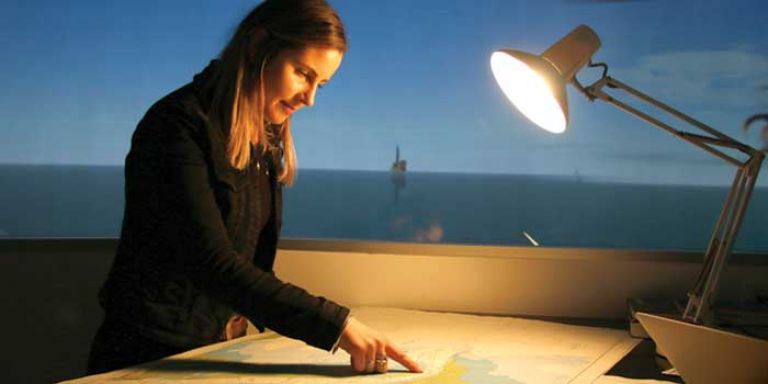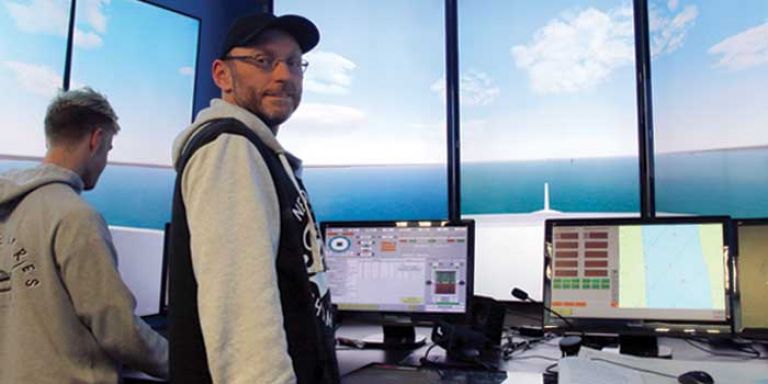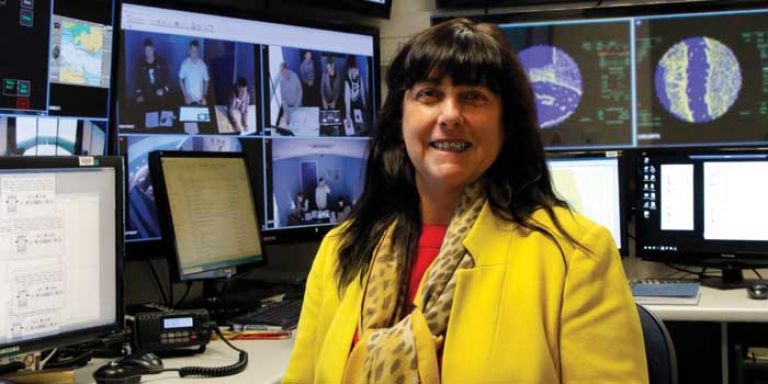Programme highlights
Get the skills and knowledge to become a marine engineer.
This programme is ideal if you are newly employed in the maritime industry, or you are engine room crew wishing to progress to a marine engineer role.
It will prepare you for work on ships operating in New Zealand and foreign waters. You will also get skills in how to work safely onboard and what to do in an emergency.
You will learn the skills and knowledge required to operate and maintain engine room and auxiliary equipment to entry-level Marine Engineer Class 6 (MEC 6) standards under the Maritime New Zealand (MNZ) Seafarer Certification and Operational Limits Framework.
Graduates will generally operate under broad supervision from the chief engineer and the vessel master. You may find yourself working on a range of commercial coastal vessels including fishing trawlers, tug boats, ferries or charter boats.
This qualification leads to a Maritime New Zealand (MNZ) certificate. Expand for more detail.
You need to complete this qualification and your Maritime New Zealand (MNZ) approved Training Record Book (TRB), before applying to MNZ for a:
Award of the MNZ MEC 6 or MEC 5 certificates of competency will also require the completion of:
- Sea service
- MNZ medical fitness certificate
- Eyesight test (including for colour vision)
- Fit and proper person check
- Final exam
- Ancillary certificates.
See maritimenz.govt.nz for all requirements needed before you apply.
Entry requirements
General
To be admitted to this programme, applicants must hold one of the following:
- 48 credits at NCEA Level 2
OR
- [2506] New Zealand Certificate in Maritime Crewing (Level 3) or
- [2511] New Zealand Certificate in Maritime Crewing (Level 4)
- [2895] New Zealand Certificate in Domestic Maritime Crewing (Level 3)
OR
- a relevant qualification at NZQF Level 3 or above
OR
- a recognised equivalent.
English language entry requirements
All applicants (international and domestic) for whom English or te reo Māori is not a first language need to provide evidence that they have the necessary English language proficiency required for the programme.
International applicants are required to have an IELTS (Academic) score of 5.5 with no individual band lower than 5 from a single test taken in the preceding two years, or an equivalent described in NZQA Rules.
Additional requirements
- It is recommended that ākonga be employed or engaged in the Maritime industry
- Ākonga must provide a Medical Certificate issued by a General Practitioner or provide a Seafarers Medical Certificate or equivalent
- Ākonga must be physically fit and capable of participating in the practical training component.
Important information – Maritime New Zealand
- Upon successful completion of the programme ākonga may seek Maritime New Zealand (MNZ) licenses that require all applicant to meet sea time, eyesight, and medical requirements.
- Applicants for the Maritime Engineering Class (MEC 6) MNZ certificate must be at least 18 years old.
- Applicants should refer to www.maritimenz.govt.nz website for details of these requirements.
All persons wishing to qualify for a seafarer licence must also check the Maritime New Zealand prior certification and minimum service requirements for that licence. Also: Seafarers Framework which outlines medical fitness requirements https://www.maritimenz.govt.nz/rules/part-34/default.asp and Maritime New Zealand Part 34:Medical Standards https://www.maritimenz.govt.nz/rules/part-34/Part34-maritime-rule.pdf.
Special & discretionary admission
Any ākonga who is 20 years of age or older and has not reached the general admission requirements for their intended programme is eligible for Special Admission. Te Pūkenga works with the ākonga to ensure they are prepared for their intended programme. Any ākonga who is not yet 20 years of age and has not reached the general admission requirements for their intended programme may be eligible for Discretionary Admission. In assessing whether to grant Discretionary Admission, the delegated authority focuses on the applicant’s level of preparedness for their intended programme.
Give yourself credit with Recognition of Prior Learning (RPL)
Did you know you can use the knowledge and experience you already have to your advantage?
Your previous work experience and on-the-job skills, volunteering, professional development, and other providers’ qualifications can be recognised as prior learning, matched against credits in our courses, and put towards your qualification – potentially saving you money and possibly helping you to complete your qualification faster Learn more.
Programme structure
You will need to complete the four courses below (45 credits):
Core compulsory courses
Level 3
Level 4
Do you want to study a single course, without enrolling into the full programme?
Courses within some of our programmes may be offered as an individual Certificate of Proficiency (COP). Programme entry requirements and course fees apply. For more information, please speak to our friendly Ask Me! team.
Further training or study
This qualification leads to the New Zealand Certificate in Marine Engineering Class 5 (Level 5).
Graduates can also progress to higher-level marine engineering qualifications leading to Marine Engineer Class 1 (MEC 1) under the Maritime NZ Seafarer Certification and Operational Limits Framework.
Career opportunities
Marine engineer (Class 6).
For potential salaries visit careers.govt.nz.













